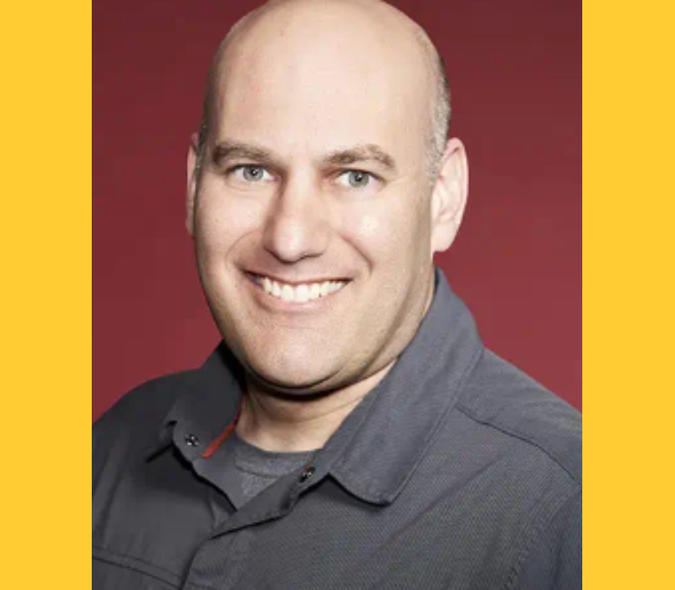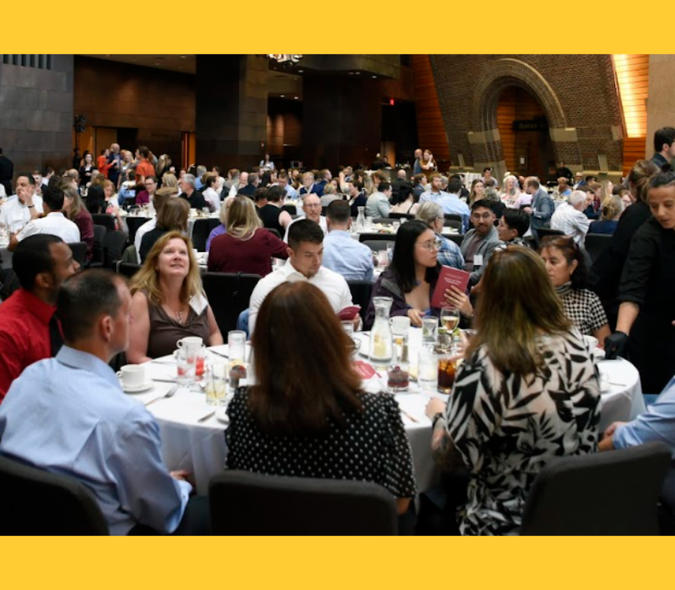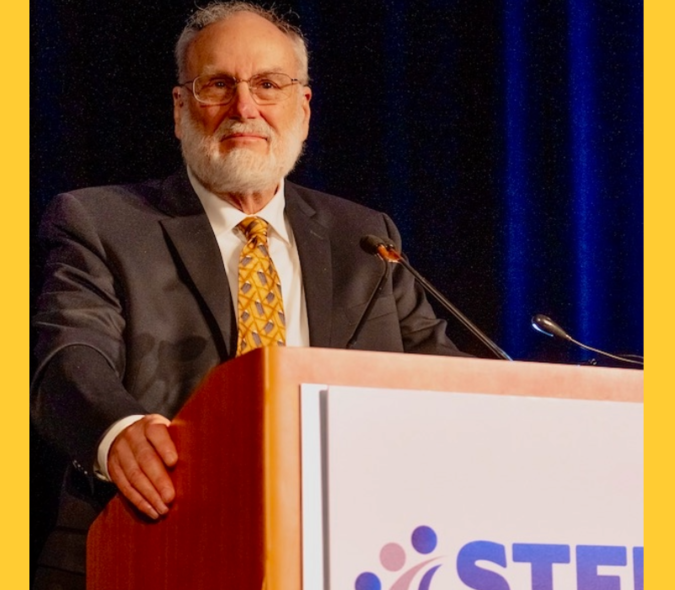
The Importance of Black History Month
James Smith, MD, MPH, is an alum of North Memorial Family Medicine Residency Program. The following article originally appeared in Family Medicine Monthly, the Department of Family Medicine and Community Health's internal newsletter.
February is known as Black History Month, and many people use this month to celebrate stories of Black people overcoming adversity. Becoming a doctor has been one of my greatest achievements, but my story is incomplete without addressing the challenges that have riddled my journey.
The gravity of matching to my top choice for fellowship was lost by many people because they are unaware of the impediments that I have faced. In medical school, I had an administrator tell me that I was smart enough to complete medical school and be aware of great opportunities but never talented enough to be able to achieve them. My evaluations have been filled with comments on my hair being unkempt because it is curly, my "gangster" slang difficult to understand, and supervisors feeling I was unprofessional without being able to pick out specific behaviors that differed from my colleagues. Patients have asked me to stop speaking Ebonics, asked if I was literate, and frequently confused me with janitorial staff.
I have coworkers, hospital staff, patients, and strangers committing microaggressions not infrequently. Multiple Black mentors have told me that I would have to work twice as hard as my white colleagues, and I have found that to be true. The number of Black people available to tell their story is limited when Black men make up less than three percent of physicians*. I feel obligated to be a voice for my other Black colleagues' present and future.
During my residency, I have felt immense support from my faculty and coworkers, not only in words but also actions. Faculty have frequently checked in with me, brought microaggression issues to hospital administrators, and offered to accompany me on my nightly walks when I felt unsafe. The following is not meant to be viewed as an attack or to discredit anyone's good intentions. My hope is to provide insight into my experience with racism since many of my colleagues have not experienced it.
I want to start with a tweet which really resonated with my story of racism during my medical training:
"Being Black in medical school is constantly being reminded that society deems your life unworthy, but you have to find a way to suck it up so that you still perform well so you're not used as a reason future Black students don't get an opportunity. It is...exhausting."
"But you're a doctor!", is a common response that I get from people when sharing about encounters with racism. The gesture is well-meaning but not helpful because it doesn't address the root issue. When you peel back racial macroaggressions, the source is a belief that my life intrinsically has less worth. No level of accomplishment is going to prove that my life has value. The person is not calling into question my abilities or talents but my significance as a human being.
The experience of racism goes beyond harsh words or unpleasant names. It cuts deep with reminders that Black people being killed by racism both in overt and covert means. The videos of violence are flashed across social media, striking fear into Black hearts. It saddens me that it has taken these disgusting videos to make people aware of my reality. But even more insidious and still unrecognized is how mistreatment of Black people occurs in medicine, and it kills us. The story of Dr. Susan Moore who eventually died of COVID was unsettling to read as she unfolded the story of her poor treatment. She knew the terminology and the health care system but that was still not enough to overcome barriers and obstacles.
When tragedies are depicted on the media, I feel comforted when telling myself that that couldn't happen to me. But I can see myself in these events. I worry that I may not be taken seriously when I present needing help because being a doctor does not remove the lens of bias that I will be subjected to.
Even if not life-threatening, the trauma from racist encounters is felt throughout the body and can last a lifetime. My heart still races when I think about having the police called on me while walking my dog and getting handcuffed on the side of the street. It was May 2020, and tensions were running high with the riots. Since starting 2021, I have been punched in the face and called racial slurs, followed and searched in department stores, and yelled at to go back to my home country while pumping gas.
Despite feeling the weight and the burden of these events, I have to go to work and perform my duties. I feel a constant pressure to be perfect in my work out of a sense of needing to validate my existence. I don't want to confirm people's racial bias and let down future Black trainees by creating larger hurdles for them. When I receive criticism, particularly about subjective aspects of my work, I have to determine what is bias and what is valid. The mental gymnastics of teasing that out can be draining and, to simplify that process, I feel as though I cannot make mistakes. When I make a mistake, not only do I fear harming a patient, but I also lose the confidence that my value remains in the net positive.
After a year of antiracism trending and people having their eyes opened to glimpses of the realities of racism, it is a time to celebrate. But let's not skip to the end of these stories. We need to recognize the immensity of those achievements in light of the barriers that have been overcome.
*Weiner S. Black men make up less than 3% of physicians. That requires immediate action, say leaders in academic medicine. AAMC. https://www.aamc.org/news-insights/black-men-make-less-3-physicians-requires-immediate-action-say-leaders-academic-medicine. Published November 23, 2020. Accessed January 28, 2021.



